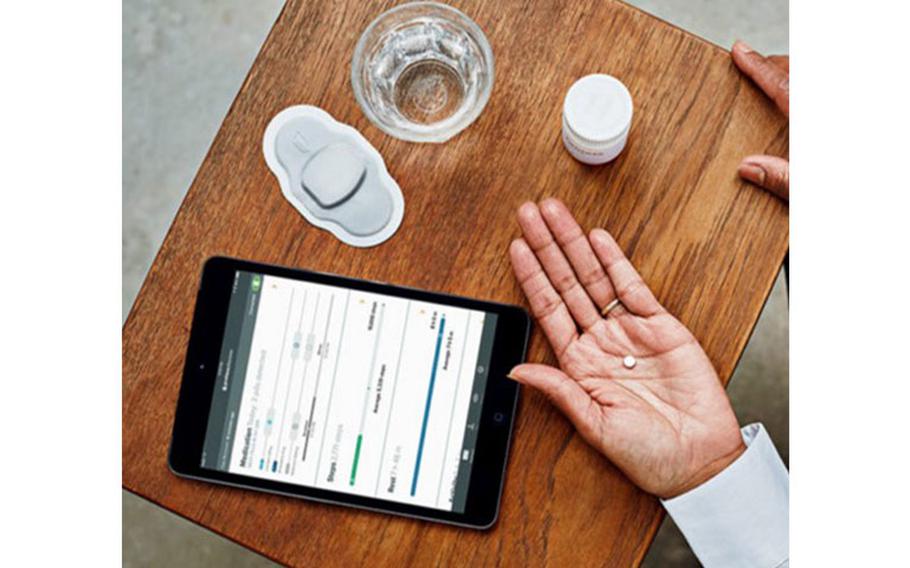Community News
The expansion of digital healthcare service
July 2, 2018

()
Until now, medical innovation has been associated with the development of new medicines or new medical devices. However, with the rapid growth in technology development, digital healthcare industries are also expanding. There are various services for utilizing genetic information in markets, and new innovative medical service models are emerging. This expansion begins to capture the ‘unmet needs’ that exist outside the boundaries of healthcare systems.
In this article, we will talk about how we can provide those unmet needs through Proteus and Uber.
Proteus is a company that incorporates a business model with the concept that it is important to take medication as prescribed. Doctors need to make sure that patients are taking the medicine prescribed for their recovery. However, most people, except for severe patients, are likely to stop taking their meds before the they should, including me. We think we can stop medicine if we believe we are feeling better.
However, taking medicine as prescribed is very important in clinical trials, especially involving patients with cardiovascular or neurological diseases such as Alzheimer’s. Proteus expanded the business model to medical services by accurately identifying the needs of pharmaceutical companies conducting clinical trials for developing new medicine and for doctors who are at the forefront of treatment.
As you know, Uber has a platform business model that connects taxi drivers and customers to one market. How does this model fit into medical services? You may think it is hard to understand, but if you know the process of clinical trials, you can understand easily.
Pharmaceutical companies must follow the clinical trials when developing new medicines or medical devices. In this process, The most difficult thing is to recruit participants and get them to the hospital. Participants quit clinical trials because it is not easy to go to the hospital with discomfort. How did Uber solve this problem? By using their business model, Uber visits the trial participants at the right time and then brings them to the hospital for treatment. It is a good example of identifying needs and using the platform to expand into medical services.
The reason the Proteus and Uber models can be applied to existing medical services is that they are exquisitely linked to the spread of smart phones, the needs of pharmaceutical companies, hospitals and patients. Beyond the concept of existing medical services, new concepts of products and services are mixed with digital technology to create new value.
So what is a ‘Platform’? The lexical meaning is defined as “a base module that is commonly and repeatedly used to provide various kinds of systems or services, and a kind of foundation that enables a service.” The platform broadens the choice for consumers and serves as a marketplace for suppliers to meet customers quickly and easily. Moreover, within the platform, two or more groups with different characteristics meet and create new value.
As cases show, a platform is expandable and has a power that can’t be ignored. Maybe in the near future, medical services will be ruled by people or companies which have the platform.